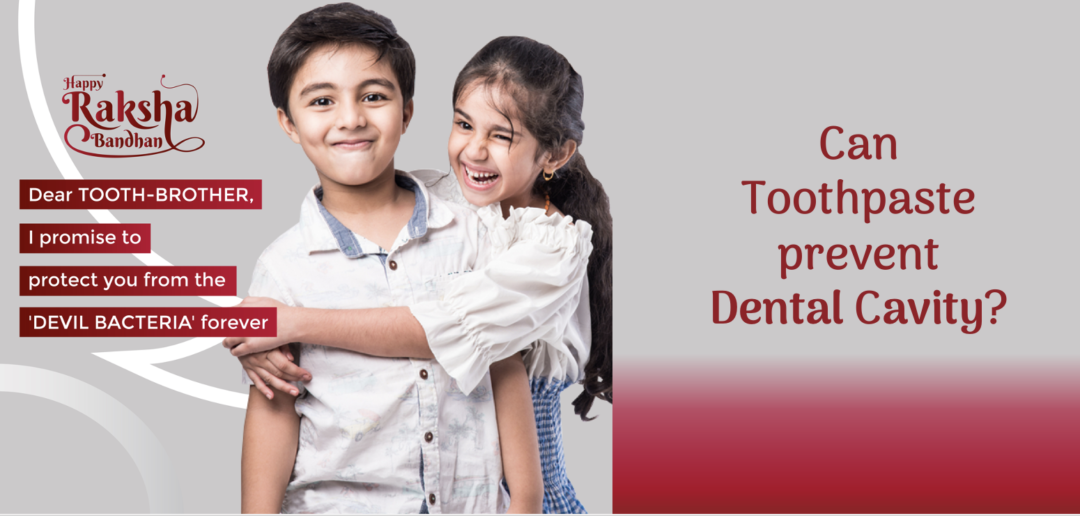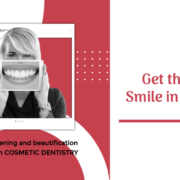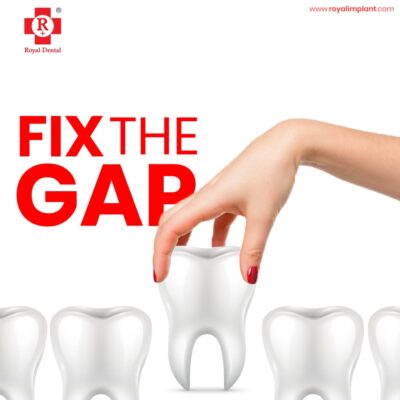When you think of the things that prevent tooth decay, you may not think of toothpaste first. It is a common belief that acidic foods like oranges and soda cause tooth decay. But it is usually because these are the only things most people know about that can rot your teeth. What many don’t realize is that these are not the only ways to combat tooth decay, and in fact, eating those things actually doesn’t help prevent it. There are other natural means of protecting your teeth from rot and damage. Toothpaste is one of them! There are plenty of benefits to using a fluoride-containing paste, which helps to prevent cavities.
When your saliva has fluoride in it from sources like toothpaste or water, your teeth are able to take it in. Once in your enamel, fluoride teams up with calcium and phosphate there to create the most powerful defense system your teeth can have to prevent cavities from forming: fluoroapatite.
What is a Toothpaste?
It can come in a variety of colors, flavors, and textures, and is sometimes combined with dental floss or mouthwash to create a multi-use product. There are two general types of toothpaste: fluoridated toothpaste and non-fluoridated toothpaste.
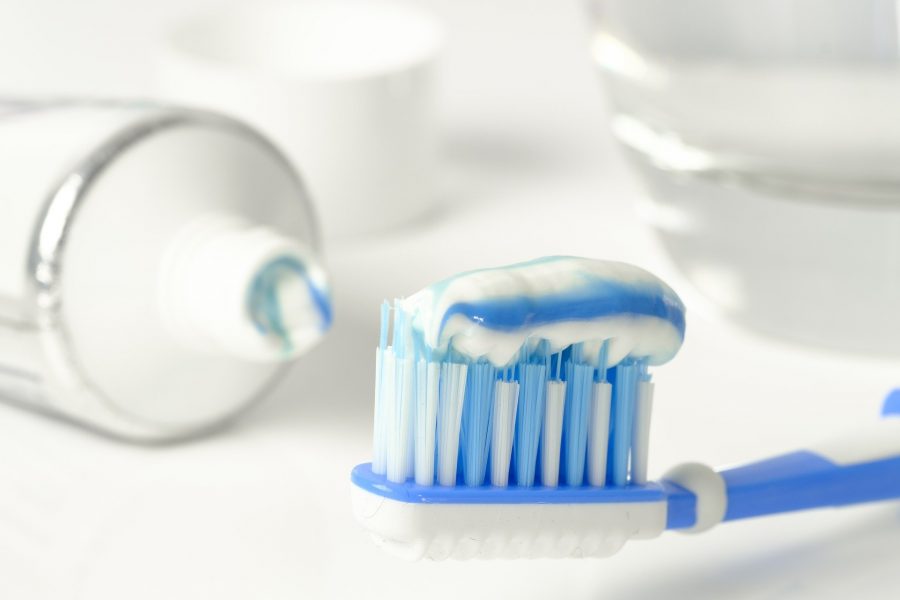
Fluoridated toothpaste contains fluoride, which has been shown to strengthen teeth and prevent tooth decay and cavities.
Non-fluoridated toothpaste typically contains baking soda as a replacement for fluoride, which has been shown to have similar effects on teeth.
How does Toothpaste help to prevent Cavities?
It contains fluoride, which has been shown to be one of the most effective substances at preventing tooth decay. Fluoride is naturally occurring, but at lower levels than what is found in toothpaste. Brushing your teeth with toothpaste that contains fluoride offers the same level of protection as drinking fluoridated water, and is one of the best ways to prevent cavities.
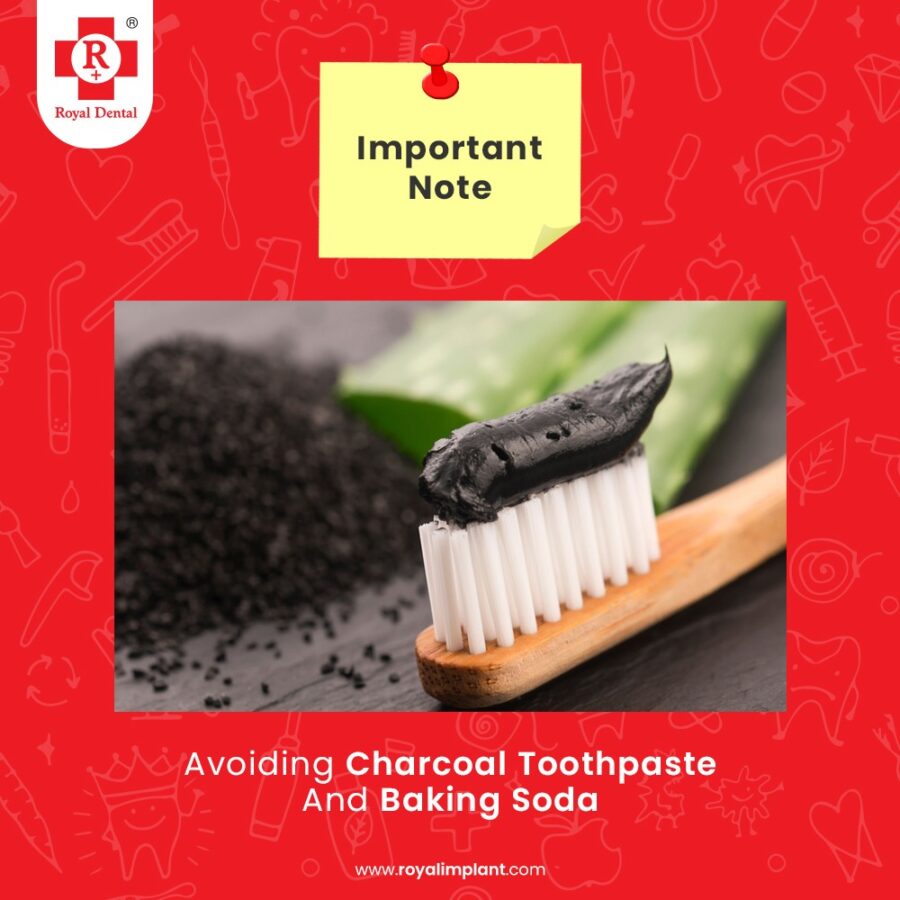
Activated charcoal in toothpaste may help remove surface stains on your teeth. Charcoal is a mild abrasive and is able to absorb surface stains to some degree. There is no evidence, though, that it has any effect on stains below a tooth’s enamel, or that it has a natural whitening effect.
Fluoride in Toothpaste May Also Be Present in Your Water
Because of the popularity of fluoridated toothpaste, many municipalities are now adding fluoride to water supplies. While this is certainly a helpful thing to do, it is important to note that there are some potential downsides to fluoridated water.
First, it may be that the amount of fluoride in the water is too high. This can lead to fluorosis, which is the discoloration and weakening of teeth. While fluorosis is not a sign of cavities or gum disease, it is still something to be mindful of when brushing your teeth with fluoridated water.
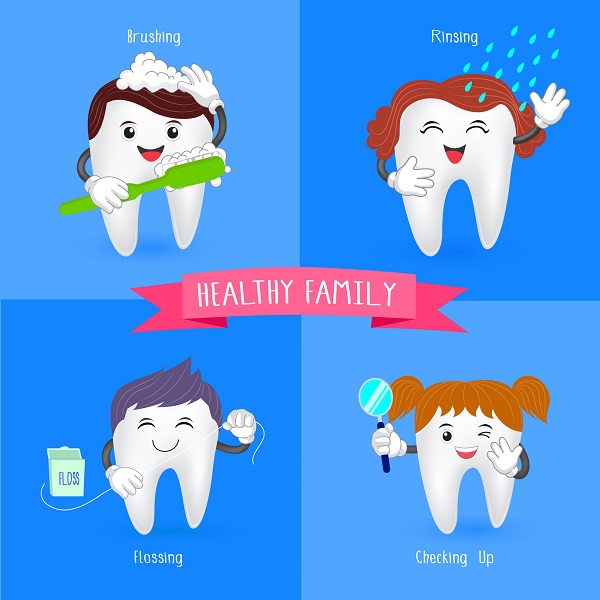
You cannot take a shower with toothpaste! Thus, while fluoridated water can be helpful, toothpaste offers a more convenient way to get the same benefits.
Are there any particular toothpaste brands which are best, or is it the ingredients which make it more suitable?
It helps remove food Residue from your Teeth
Food residue, if not removed quickly, can lead to cavities and/or gum disease. Thus, it is important to remove it from your teeth as soon as possible. It offers a mild abrasive effect, and can help you to effectively remove food from your teeth.
It has a mild Acidic pH to fight Bacteria
The pH of toothpaste is slightly acidic, which helps to fight the growth of cavity-causing bacteria. This is one of the reasons that using toothpaste containing fluoride is beneficial.
Conclusion
It can come in a variety of colors, flavors, and textures. There are two general types of toothpaste: fluoridated toothpaste and non-fluoridated.

